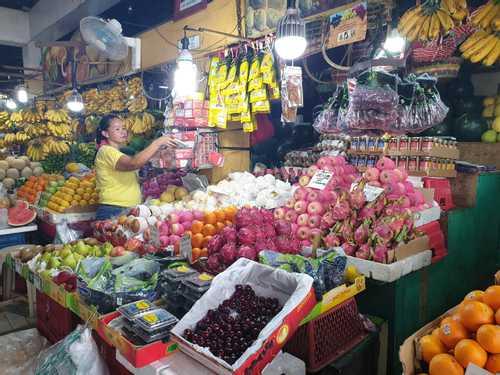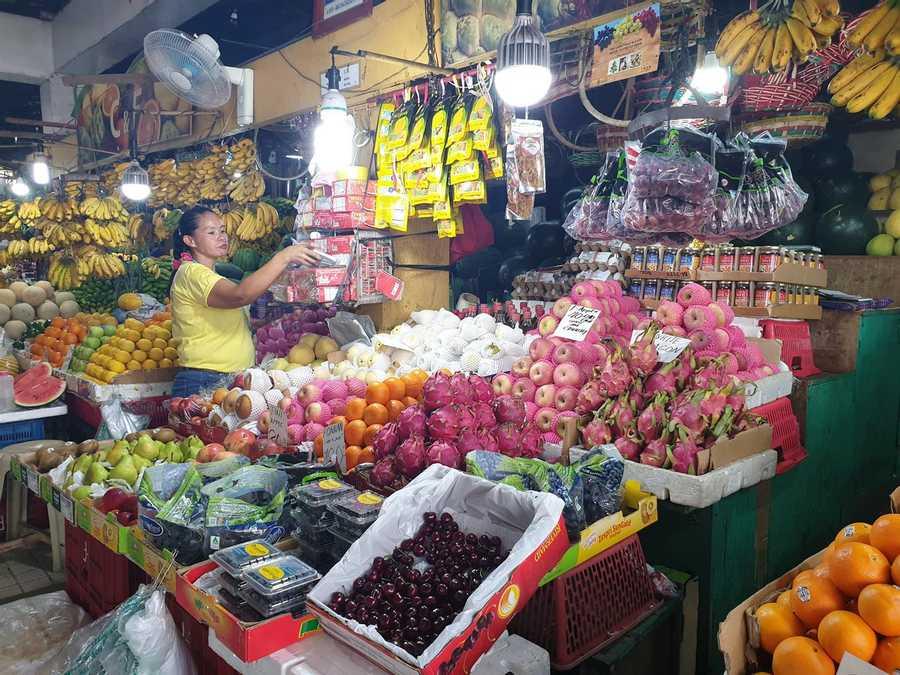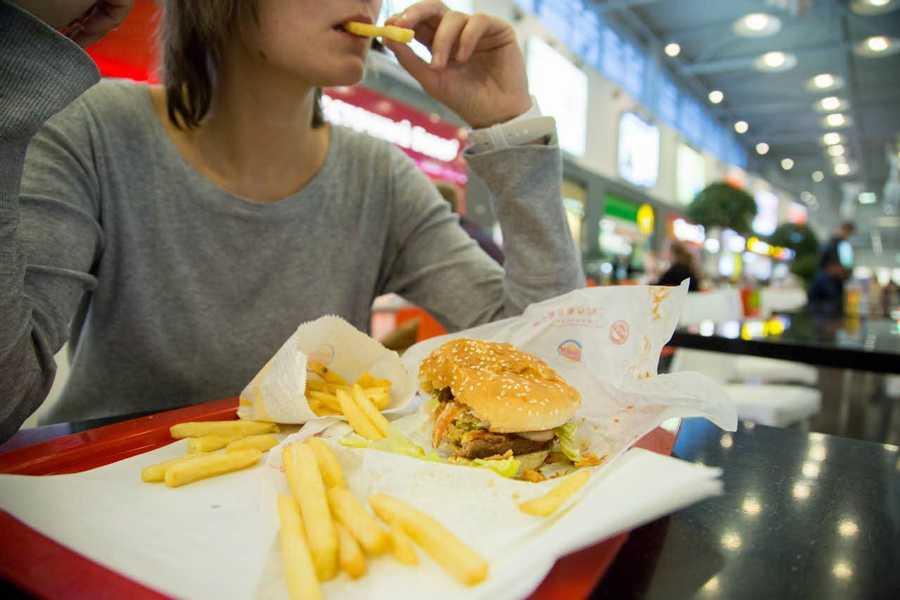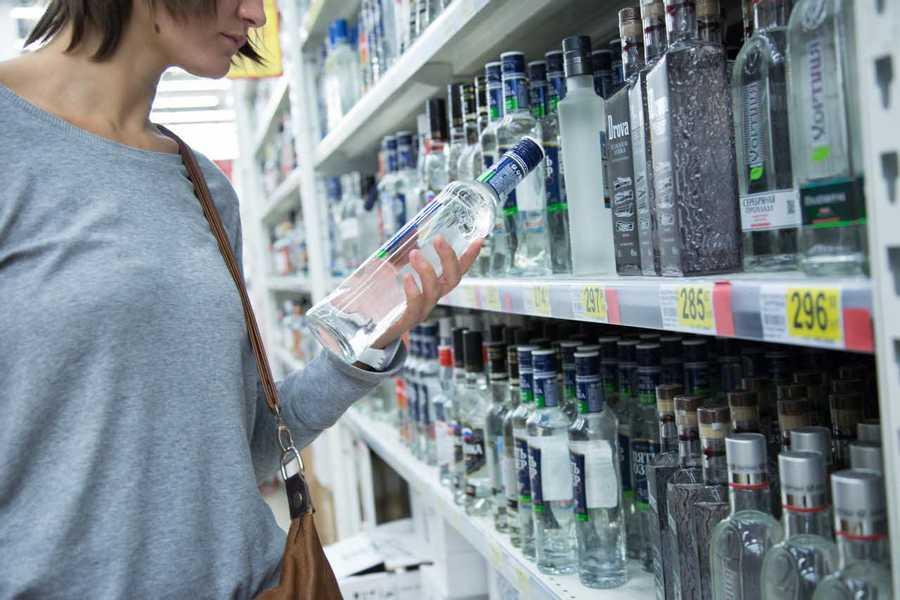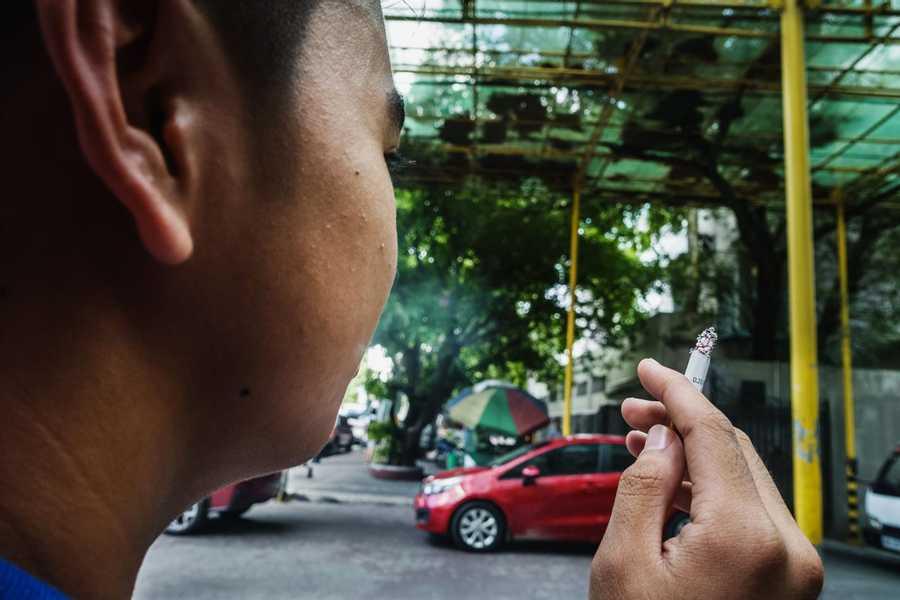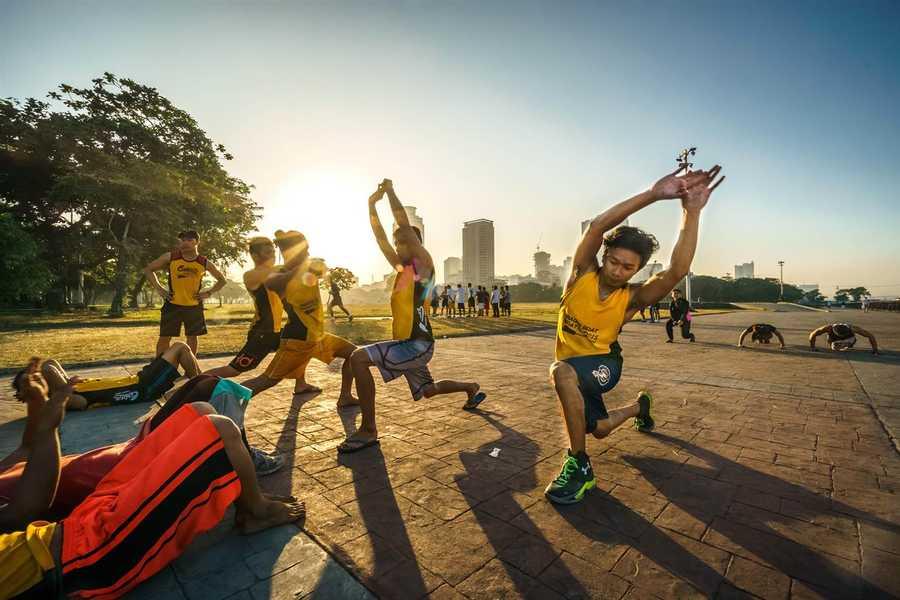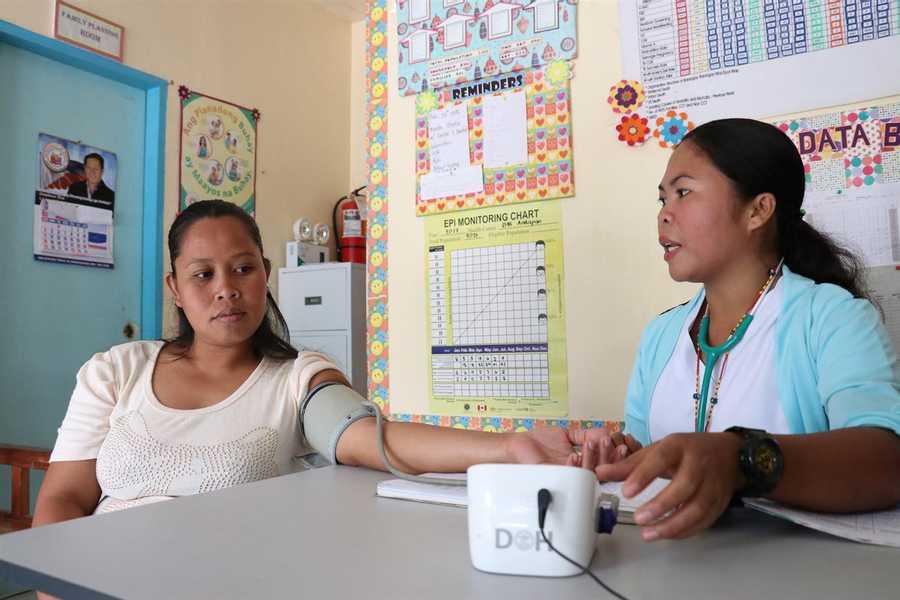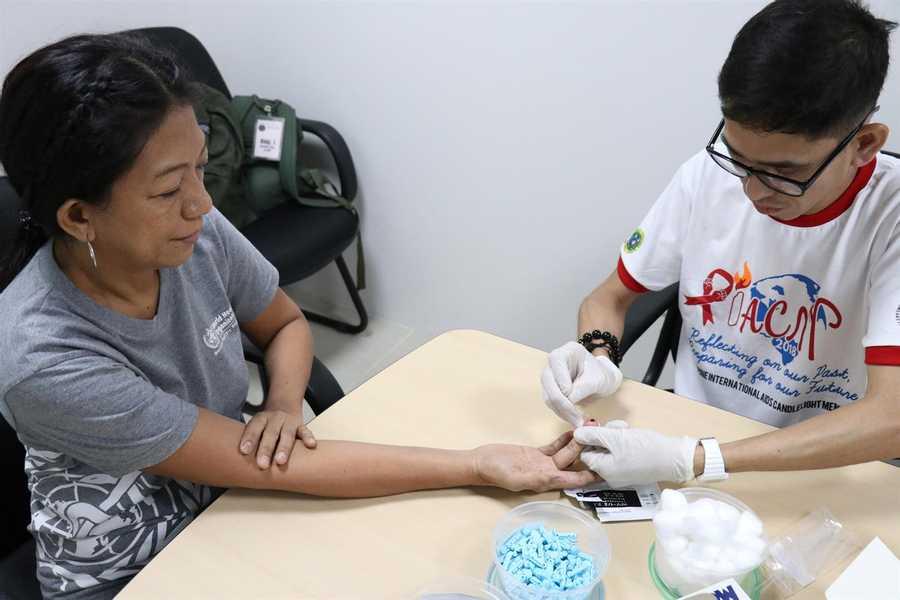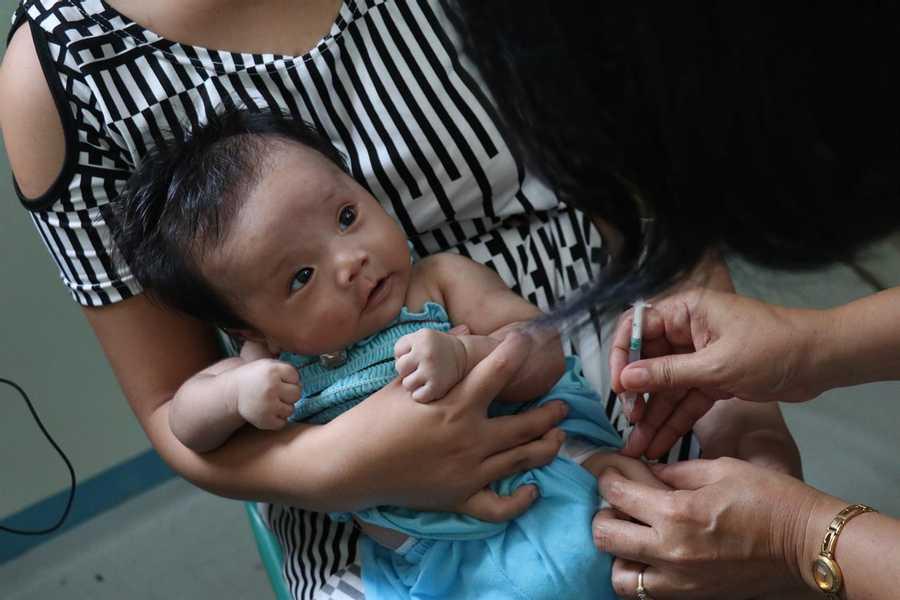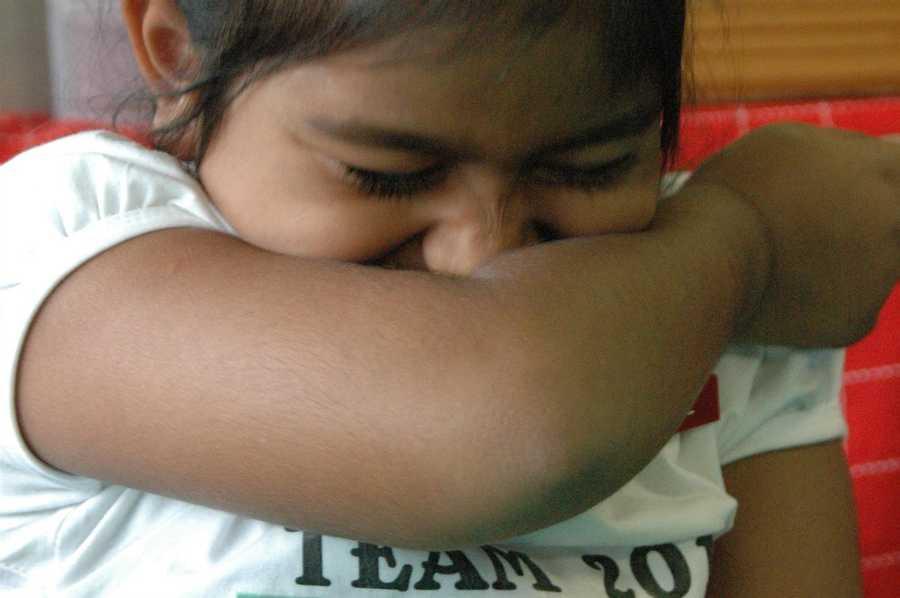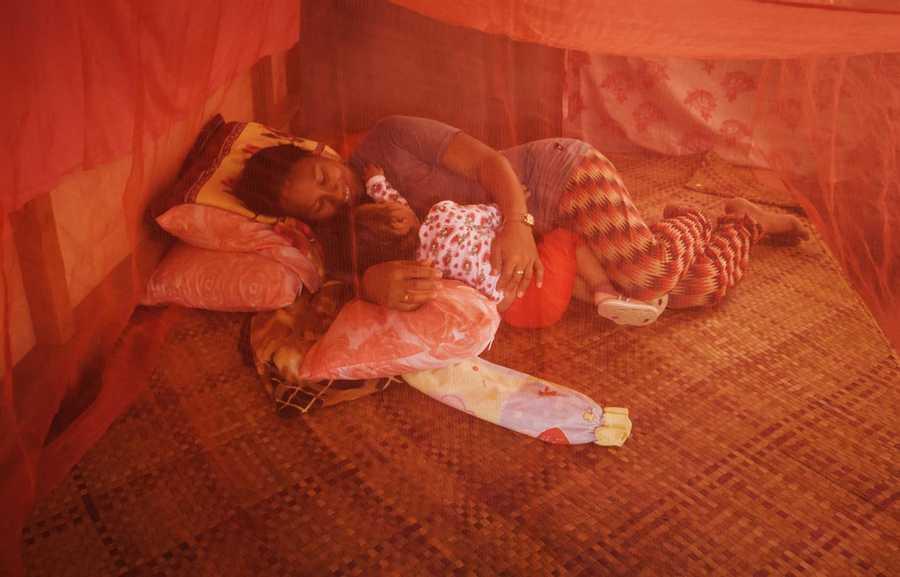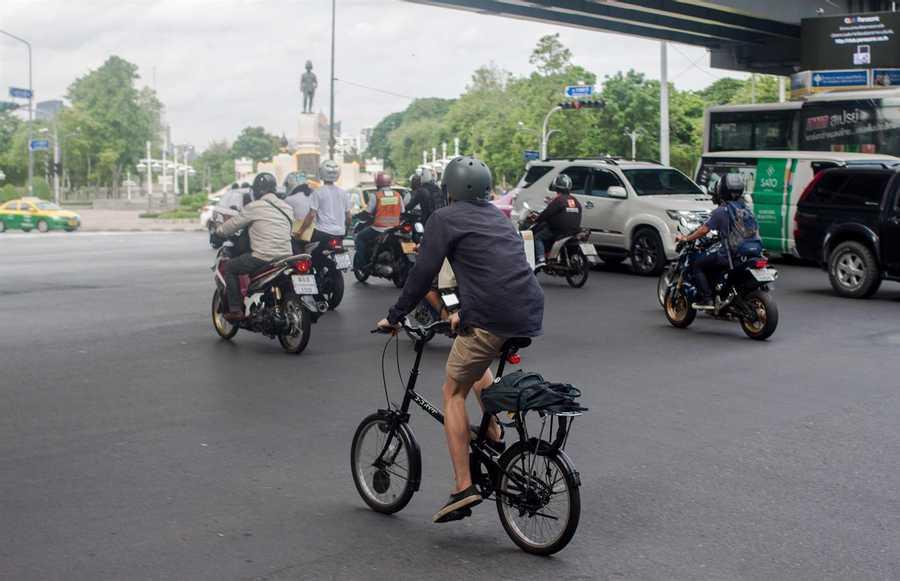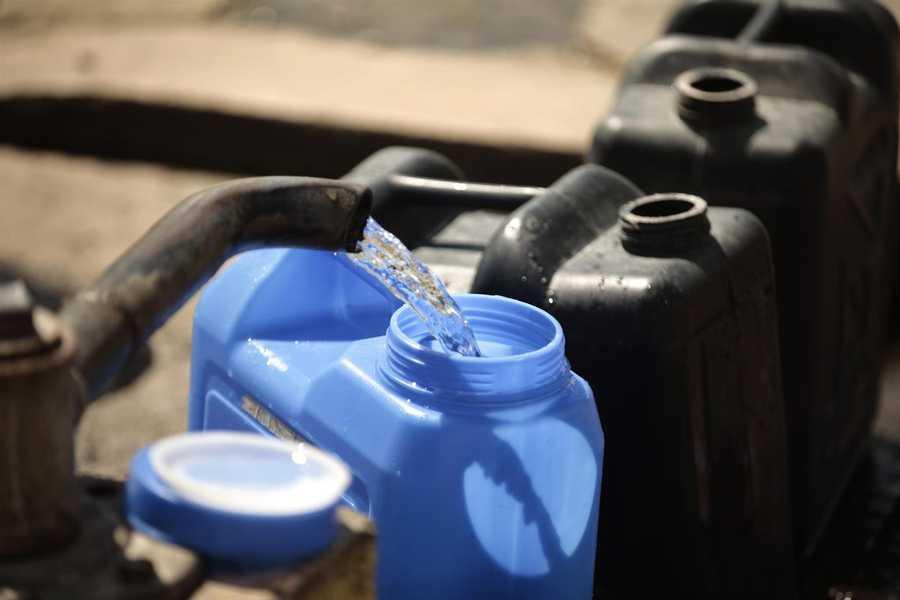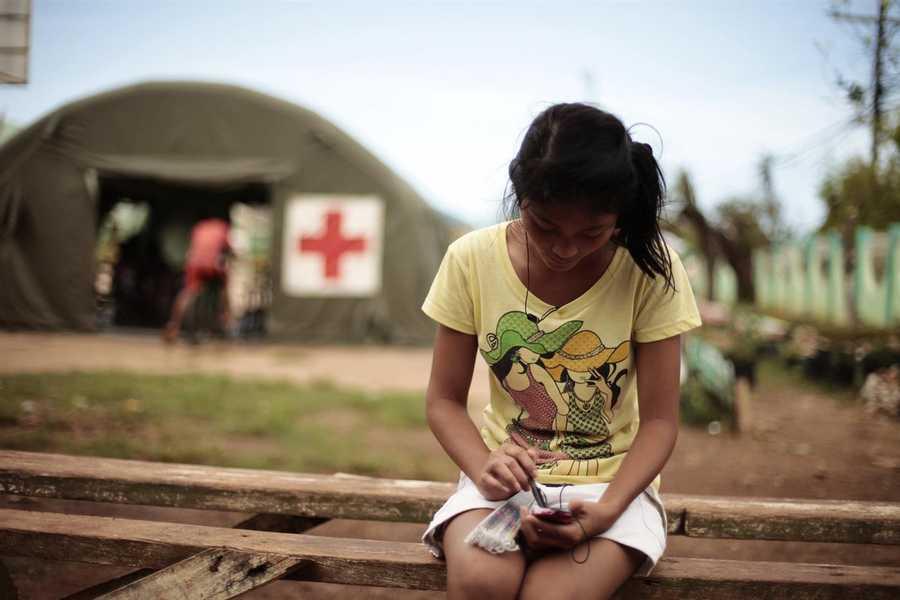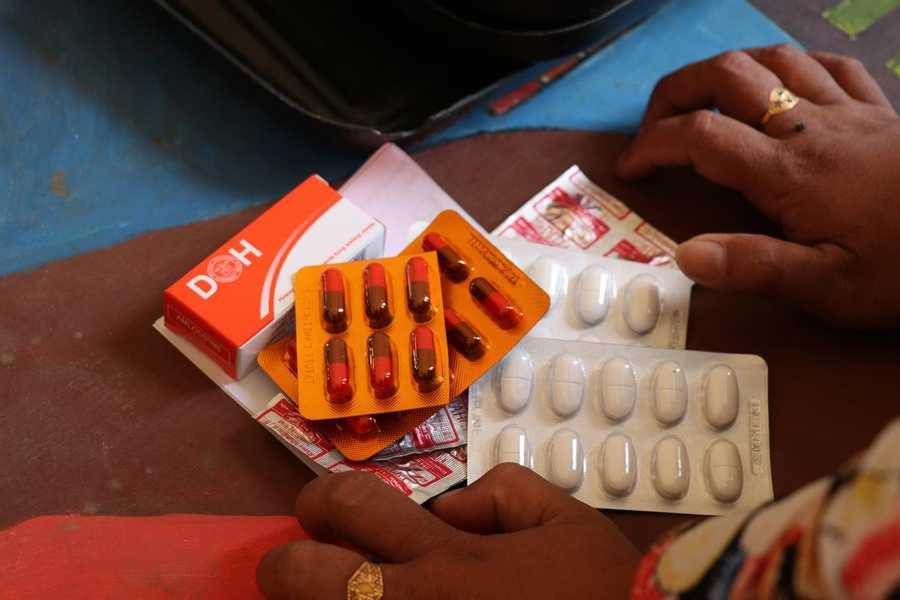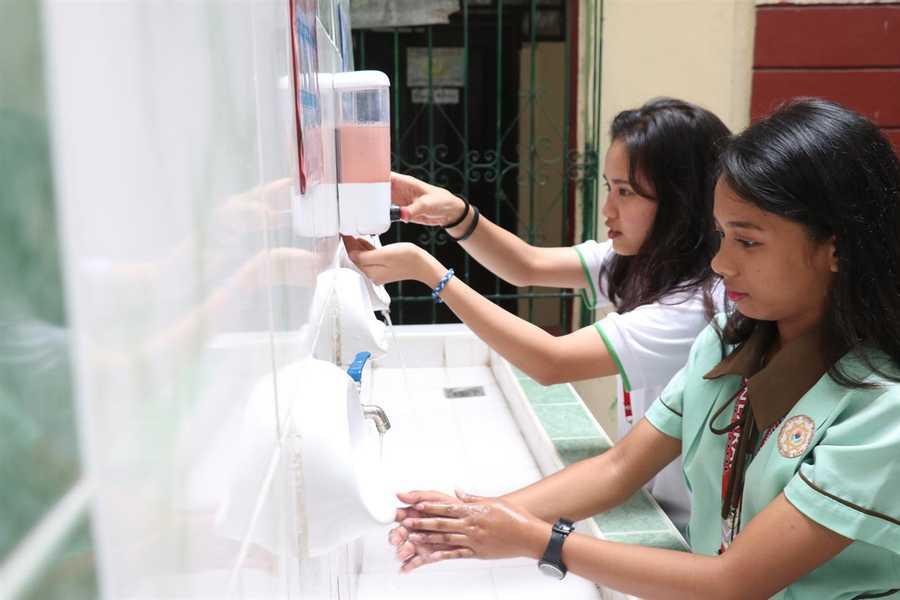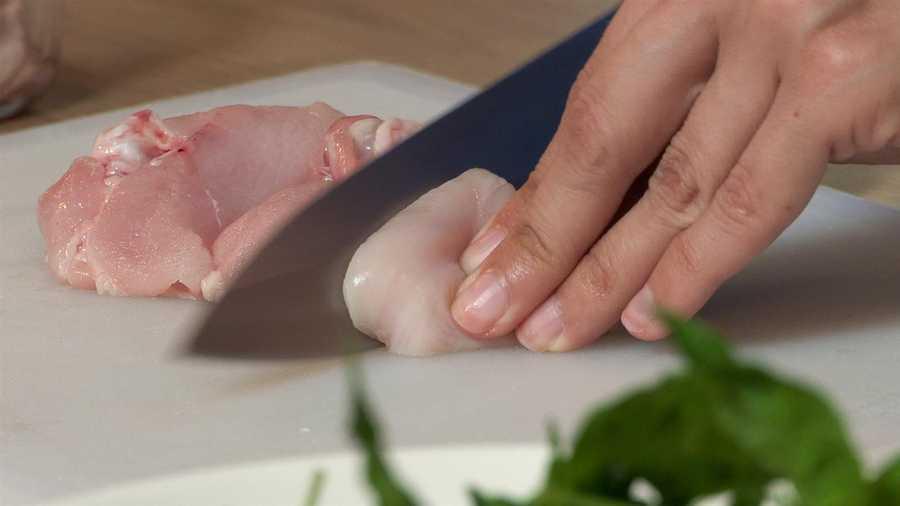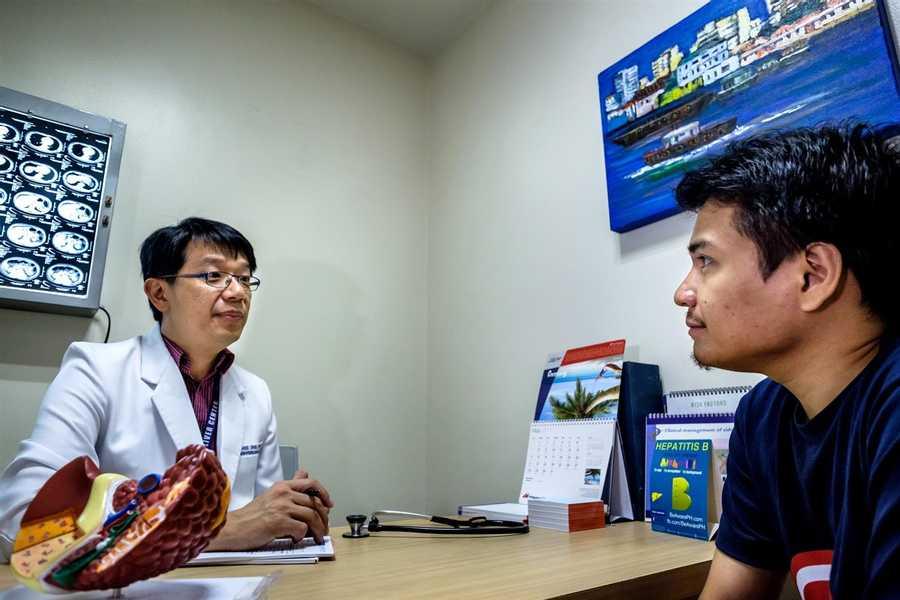Explore the World's Best Ideas
Join today and uncover 100+ curated journeys from 50+ topics. Unlock access to our mobile app with extensive features.
Daily tips to be healthy.
Before reading the daily tips chechout our youtube channel Sci academy: https://youtube.com/channel/UCyLvlW7Vl7vgg6se0Gazr-g
The start of a new decade brings with it new resolutions to improve one’s life, including a healthier lifestyle. Here are 20 practical health tips to help you start off towards healthy living in 2020.
21
713 reads
1. Eat a healthy diet
Photo: FAO/J. Grey
Eat a combination of different foods, including fruit, vegetables, legumes, nuts and whole grains. Adults should eat at least five portions (400g) of fruit and vegetables per day. You can improve your intake of fruits and vegetables by always including veggies in your meal; eating fresh fruit and vegetables as snacks; eating a variety of fruits and vegetables; and eating them in season. By eating healthy , you will reduce your risk of malnutrition and noncommunicable diseases (NCDs) such as diabetes, heart disease, stroke and cancer.
20
116 reads
2. Consume less salt and sugar
Photo: WHO/C. Black
Filipinos consume twice the recommended amount of sodium, putting them at risk of high blood pressure, which in turn increases the risk of heart disease and stroke. Most people get their sodium through salt. Reduce your salt intake to 5g per day, equivalent to about one teaspoon. It’s easier to do this by limiting the amount of salt, soy sauce, fish sauce and other high-sodium condiments when preparing meals; removing salt, seasonings and condiments from your meal table; avoiding salty snacks; and choosing low-sodium products.
21
109 reads
3. Reduce intake of harmful fatsi
Photo: WHO/S. Volkov
Fats consumed should be less than 30% of your total energy intake. This will help prevent unhealthy weight gain and NCDs. There are different types of fats, but unsaturated fats are preferable over saturated fats and trans-fats. WHO recommends reducing saturated fats to less than 10% of total energy intake; reducing trans-fats to less than 1% of total energy intake; and replacing both saturated fats and trans-fats to unsaturated fats.
The preferable unsaturated fats are found in fish, avocado and nuts, and in sunflower, soybean, canola and olive oils.
20
81 reads
4. Avoid harmful use of alcohol
Photo: WHO/S. Volkov
There is no safe level for drinking alcohol . Consuming alcohol can lead to health problems such as mental and behavioural disorders, including alcohol dependence, major NCDs such as liver cirrhosis, some cancers and heart diseases, as well as injuries resulting from violence and road clashes and collisions.
20
105 reads
5. Don’t smoke
Photo: WHO/Y. Shimizu
Smoking tobacco causes NCDs such as lung disease, heart disease and stroke. Tobacco kills not only the direct smokers but even non-smokers through second-hand exposure. Currently, there are around 15.9 million Filipino adults who smoke tobacco but 7 in 10 smokers are interested or plan to quit.
If you are currently a smoker, it’s not too late to quit. Once you do, you will experience immediate and long-term health benefits . If you are not a smoker, that’s great! Do not start smoking and fight for your right to breathe tobacco-smoke-free air.
20
71 reads
6. Be active
Photo: WHO/Y. Shimizu
Physical activity is defined as any bodily movement produced by skeletal muscles that requires energy expenditure. This includes exercise and activities undertaken while working, playing, carrying out household chores, travelling, and engaging in recreational pursuits. The amount of physical activity you need depends on your age group but adults aged 18-64 years should do at least 150 minutes of moderate-intensity physical activity throughout the week. Increase moderate-intensity physical activity to 300 minutes per week for additional health benefits.
22
76 reads
7. Check your blood pressure regularly
Photo: WHO/F. Tanggol
Hypertension , or high blood pressure, is called a “silent killer”. This is because many people who have hypertension may not be aware of the problem as it may not have any symptoms. If left uncontrolled, hypertension can lead to heart, brain, kidney and other diseases. Have your blood pressure checked regularly by a health worker so you know your numbers. If your blood pressure is high, get the advice of a health worker. This is vital in the prevention and control of hypertension.
21
54 reads
8. Get tested
Photo: WHO/F. Tanggol
Getting yourself tested is an important step in knowing your health status, especially when it comes to HIV, hepatitis B, sexually-transmitted infections (STIs) and tuberculosis (TB). Left untreated, these diseases can lead to serious complications and even death. Knowing your status means you will know how to either continue preventing these diseases or, if you find out that you’re positive, get the care and treatment that you need. Go to a public or private health facility, wherever you are comfortable, to have yourself tested.
20
51 reads
9. Get vaccinated
Photo: WHO/F. Tanggol
Vaccination is one of the most effective ways to prevent diseases. Vaccines work with your body’s natural defences to build protection against diseases like cervical cancer, cholera, diphtheria, hepatitis B, influenza, measles, mumps, pneumonia, polio, rabies, rubella, tetanus, typhoid, and yellow fever.
In the Philippines, free vaccines are provided to children 1 year old and below as part of the Department of Health’s routine immunization programme. If you are an adolescent or adult, you may ask your physician if to check your immunization status.
20
35 reads
11. Cover your mouth when coughing or sneezing
Photo: WHO/I. Brown
Diseases such as influenza, pneumonia and tuberculosis are transmitted through the air. When an infected person coughs or sneezes, infectious agents may be passed on to others through airborne droplets. When you feel a cough or sneeze coming on, make sure you have covered your mouth with a face mask or use a tissue then dispose it carefully. If you do not have a tissue close by when you cough or sneeze, cover your mouth as much as possible with the crook (or the inside) of your elbow.
21
31 reads
12. Prevent mosquito bites
Photo: WHO/Y. Shimizu
Mosquitoes are one of the deadliest animals in the world. Diseases like dengue, chikungunya, malaria and lymphatic filariasis are transmitted by mosquitoes and continue to affect Filipinos. You can take simple measures to protect yourself and your loved ones against mosquito-borne diseases. If you’re traveling to an area with known mosquito-borne diseases, consult a physician for a vaccine to prevent diseases such as Japanese encephalitis and yellow fever or if you need to take antimalarial medicines. Wear light-coloured, long-sleeved shirts and pants
21
44 reads
13. Follow traffic laws
Photo: WHO/D. Rodriguez
Road crashes claim over one million lives around the world and millions more are injured. Road traffic injuries are preventable through a variety of measures implemented by the government such as strong legislation and enforcement, safer infrastructure and vehicle standards, and improved post-crash care. You yourself can also prevent road crashes by ensuring that you follow traffic laws such as using the seatbelt for adults and child restraint for your kids, wearing a helmet when riding a motorcycle or bicycle, not drinking and driving.
20
42 reads
14. Drink only safe water
Photo: WHO/F. Guerrero
Drinking unsafe water can lead to water-borne diseases such as cholera, diarrhoea, hepatitis A, typhoid and polio. Globally, at least 2 billion people use a drinking water source contaminated with faeces. Check with your water concessionaire and water refilling station to ensure that the water you’re drinking is safe. In a setting where you are unsure of your water source, boil your water for at least one minute. This will destroy harmful organisms in the water. Let it cool naturally before drinking.
20
42 reads
16. Talk to someone you trust if you‘re feeling down
Photo: WHO/F. Guerrero
Depression is a common illness worldwide with over 260 million people affected. Depression can manifest in different ways, but it might make you feel hopeless or worthless, or you might think about negative and disturbing thoughts a lot or have an overwhelming sense of pain. If you’re going through this, remember that you are not alone. Talk to someone you trust such as a family member, friend, colleague or mental health professional about how you feel. If you feel that you are in danger of harming yourself contact doctor immediatly.
20
29 reads
17. Take antibiotics only as prescribed
Photo: WHO/F. Tanggol
Antibiotic resistance is one of the biggest public health threats in our generation. When antibiotics lose their power, bacterial infections become harder to treat, leading to higher medical costs, prolonged hospital stays, and increased mortality. Antibiotics are losing their power because of misuse and overuse in humans and animals. Make sure you only take antibiotics if prescribed by a qualified health professional. And once prescribed, complete the treatment days as instructed. Never share antibiotics.
20
35 reads
18. Clean your hands properly
Photo: WHO/F. Tanggol
Hand hygiene is critical not only for health workers but for everyone. Clean hands can prevent the spread of infectious illnesses. You should handwash using soap and water when your hands are visibly soiled or handrub using an alcohol-based product .
20
37 reads
19. Prepare your food correctly
Photo: WHO/A. Esquillon
Unsafe food containing harmful bacteria, viruses, parasites or chemical substances, causes more than 200 diseases – ranging from diarrhoea to cancers. When buying food at the market or store, check the labels or the actual produce to ensure it is safe to eat. If you are preparing food, make sure you follow the Five Keys to Safer Food : (1) keep clean; (2) separate raw and cooked; (3) cook thoroughly; (4) keep food at safe temperatures; and (5) use safe water and raw materials.
21
35 reads
20. Have regular check-ups
Photo: WHO/Y. Shimizu
Regular check-ups can help find health problems before they start. Health professionals can help find and diagnose health issues early, when your chances for treatment and cure are better. Go to your nearest health facility to check out the the health services, screenings and treatment that are accessible to you.
20
58 reads
IDEAS CURATED BY
Be an expert in science and maths by watching our UHD videos on Sci Academy youtube channel. link for the channel https://youtube.com/channel/UCyLvlW7Vl7vgg6se0Gazr-g
Sci Academy 's ideas are part of this journey:
Learn more about health with this collection
The benefits of a bedtime routine
How to improve your sleep quality
How to create a relaxing sleep environment
Related collections
Similar ideas
10 ideas
10 Healthy Lifestyle Tips for Adults
eufic.org
11 ideas
10 Healthy Lifestyle Tips for Adults
eufic.org
20 ideas
Healthy Living: 20 Common Health Myths Exposed
onhealth.com
Read & Learn
20x Faster
without
deepstash
with
deepstash
with
deepstash
Personalized microlearning
—
100+ Learning Journeys
—
Access to 200,000+ ideas
—
Access to the mobile app
—
Unlimited idea saving
—
—
Unlimited history
—
—
Unlimited listening to ideas
—
—
Downloading & offline access
—
—
Supercharge your mind with one idea per day
Enter your email and spend 1 minute every day to learn something new.
I agree to receive email updates
